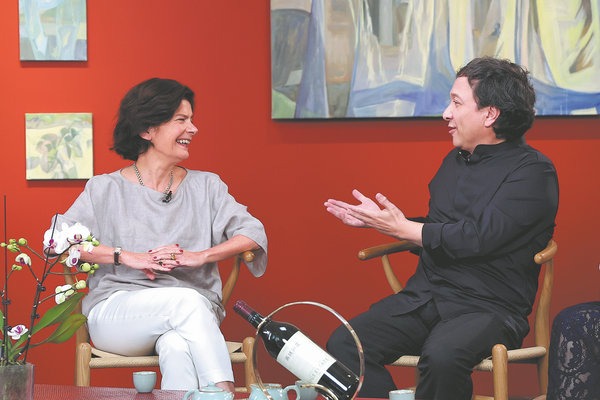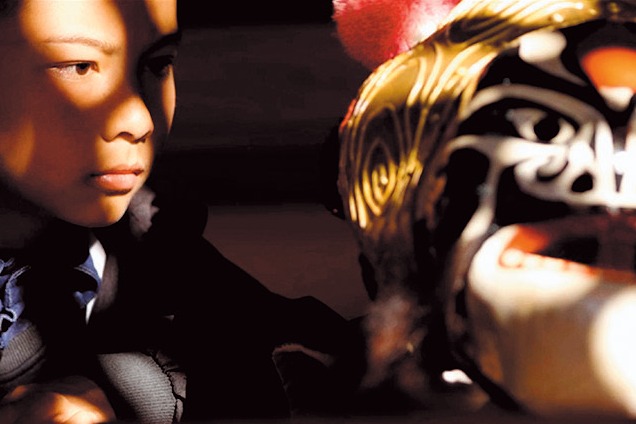Bathed in Tibetan tradition: Many say therapy cures what ails them

Health and poverty
Preservation of the bathing therapy is the institute's way of supporting the region's poverty alleviation efforts.
While overcoming poverty often involves the introduction of innovative business activities, the government's view is broader. It believes that healthy people are more likely to rise, and it sees poor health as reinforcing poverty.
In line with that concept, holistic treatments that encourage overall health are included in the basket of activities that improve livelihoods.
With an investment of 1.5 million yuan ($213,000), 149 households and 190 patients suffering arthritic symptoms in the region's Damshung county received aid from 2017 to 2018.
One of the biggest worries Tibetan doctors have about expanding the therapy is the lack of specific standards. Businesses such as bath shops, swimming pools, saunas and medicinal hot springs at hotels may vary widely in technique.
"Abuse and misuse of the practice is increasing. It's essential to supervise providers," said Tsetan Tobgyal, a Tibetan doctor at the region's Institute of Tibetan Medicine and Astrology. "It's wrong to use a single herbal recipe for all cases."
Mindrup, a doctor and lum bathing cultural inheritor at the Institute of Tibetan Medicine and Astrology in Lhokha, said protecting the environment where the medicinal herbs grow is also essential, along with expanded planting. No herbs, no treatment.
Features
 Cultural Exchange
A celebration of civilizations
Cultural Exchange
A celebration of civilizations
 Intangible Cultural Heritage
Keeping a tradition alive
Intangible Cultural Heritage
Keeping a tradition alive


